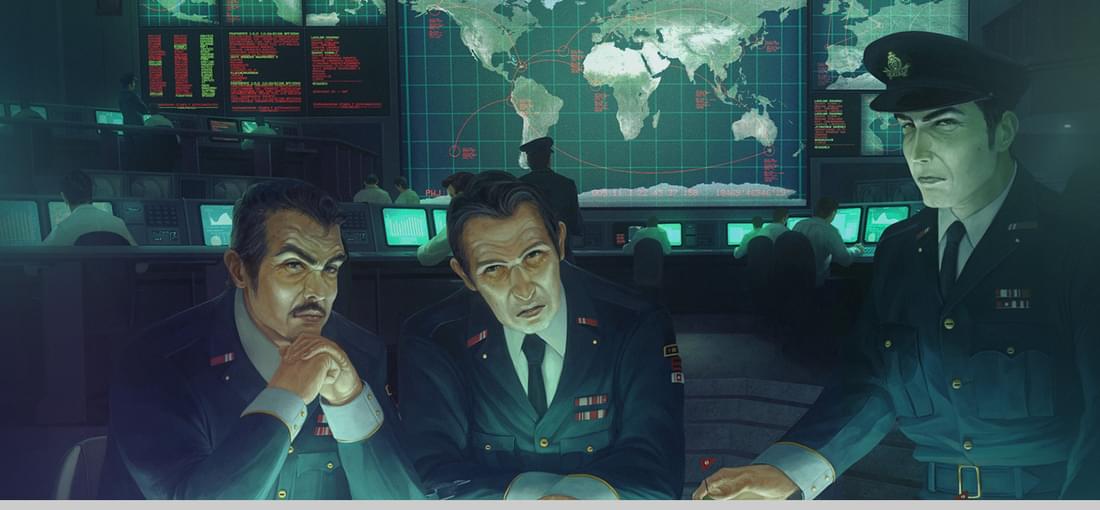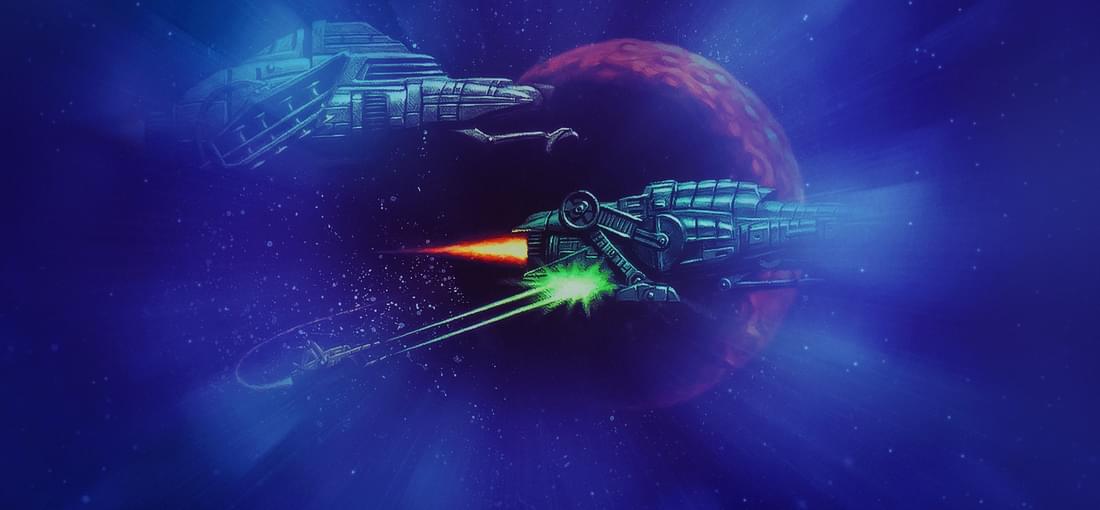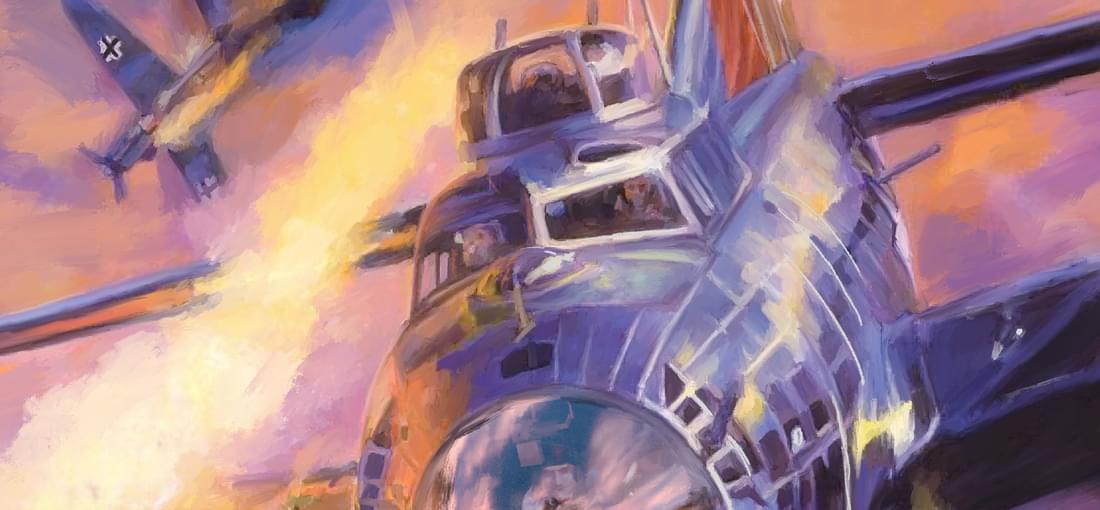


The game is obviously meant to bring the first X-Com game, UFO: Enemy Unknown to modern computers, and it does a great job at that mostly. Basically, anyone familiar with X-Com will feel right at home here and as such won't need much of introductions and tutorials. However, the few new features are explained awfully and anyone unfamiliar with UFO will have an uphill battle to get to grips with the game, especially as the UI and presentation of many of the various screens leave a lot to be desired. The big problem with the game is that a lot of information is hard to find without clicking through lots of screens. Summaries and tooltips are missing. However, whilst not perfect in everything, it does what it sets out to do admirably well, and feels like the "real thing". As such, despite minor flaws, I cannot recommend this enough for people who spent countless hours battling aliens and frustration with the original gem.

This unashamedly violent and brutal top-down action game instantly brought to mind old NES classics with its graphical approach, but luckily has much more going for itself than mere retro nostalgia. The game is equal parts frantic action and tactical planning: because it takes just one hit for the player to go down, the idea of the game is to plan your attacks carefully using the environment to your benefit. It's not so much a stealth game in the sense that Thief, for example, is, because ultimately you have to kill everyone and -thing, as it is a tactical action game. Using weapons found in the levels and picked up from dead foes, the key to success is a combination of stealthy kills of isolated foes and panicked bursts of action when you charge into a room full of foes and hope to kill them all before they get you. Whilst the AI is simple and stupid (a fact the game admits!), the game sometimes seemingly randomly varies the patterns enemies patrol, meaning there's always some variation in each attempt at a level. This also means there's no surefire key to success, as an enemy may react differently this time around. The controls are a bit clumsy at times, with the fast pace meaning you'll sometimes be swinging your weapon in all the wrong directions and occasionally getting stuck on an obstacle. This minor detraction and the very nature of the game mean you'll die frequently, but luckily each level is small, so you won't have to replay more than a few minutes of gaming time. But you may replay those minutes time and time again. Luckily, the game manages to avoid aggravation and frustration. The other slightly flawed bit of the game are the boss fights, which rely too much on discovering that one trick rather than requiring actual skill. Despite the downsides, Hotline Miami is a stunningly addictive and enjoyable game. Under the retro shell is a brutal little gem. The game could be a bit longer, though, and the story a bit better.

Master Of Orion is a game that still today manages to surprise and even awe me. I first played it soon after it was released on a friends' PC; we were both hooked and played pretty much only MOO for weeks. When I got my first PC, it was one of the very first games I acquired for it, and was hooked again. And when I found out it was on GoG, it was one of the very first games I bought through it and was - seeing a pattern here yet? - hooked. One of the things that makess MOO unique is that underneath its surface of simplicity, it's a surprisingly complex game - but complex in a fun and engaging way. Even when you first fire up the game you won't really be daunted by an endless amount of menus and choices. Quite the contrary in fact; all you've got are about half a dozen of different screens, some of which you can basically completely ignore and still get along just fine. MOO does a good job at taking care of the micromanagement if you choose to not bother with it, but on the other hand does give you the chance to slide those sliders if that's what gets you off (I, for one, rarely bother with the Tech-screen). After a few turns you will feel completely at home with the GUI, and as you get better, you will discover what the different screens and sliders do. You probably won't even have to consult the manual. The gameplay isn't much more complex at first sight; build ships, send them off to explore, build colonies or do battle, research tech, build better ships, do diplomacy, and so on. Really, it's simple stuff that MOO is made from, but it takes a long while to truly understand how the game works. The beautiful thing is that your actions have real consequences. Everything has an impact on everything else. In similar contemporary games such as Civ and Civ II, especially diplomacy felt vastly inferior due to one bothersome aspect: too often it felt like no matter what you did, regardless of whether it be parading your superior military power or groveling in the mud and offering gifts to other nations, or trying to be a cool equal, you'd end up facing the wrong side of their sword. In MOO, it at least feels like you are able to significantly affect the direction your diplomatic relations take; be pro-active and give small token gifts, exchange tech and keep in touch, and they'll like you. Build armies and stay a loner, and they'll become wary and probably attack you. Another thing which in itself is simple but lends to surprisingly large strategical possibilities are the victory conditions: victory by being elected president, or victory by eradicating all other races. The neat thing here is that as the balance of power shifts in favour for or against a nation or another, the best strategy also shifts: is it better to butter up your competitors to get their vote, or smash them with your fleet? It is possible to win the game with diplomacy and quick expansion only, or with pure violence. But best results are often yielded with a combination of both. I find these victory conditions make up for more interesting strategies than Civ's build spaceship first/kill everyone. Getting to choose your race is also nice; each race excels at something and is in turn weaker at something else, meaning you have to either choose the race to suit your playing style or adapt your strategy to the race. I usually pick the Silicoids because I can't be bothered with all those pesky colony bases for different environments. One of the most appealing aspects of the game is your space fleet: you get to design your ships by selecting weapons, engines, ECM and computer systems etc., and command them in a combat mini-game which is very much similar to, for example, Heroes Of Might And Magic - also in the sense that cunning strategy can sometimes grant victory to the inferior force. Having to design your own units makes combat and military tech research feel very different from Civ, where new tech automatically gives you certain units. The best thing about MOO is that each field of the game - exploration, micromanagement of resources and population, fleet design, diplomacy and combat - is FUN! And they tie in so well together that it doesn't feel anything at all like managing a handful of loose strings; as I wrote above, everything affects everything else in some direct or indirect way, but rarely in a manner so esoteric you can't figure it out. This makes running your own little space empire extremely addictive, fun and rewarding; seeing your underdog empire turn the tide of battle against the invading Meklars thanks to that superior new ship design you devised, your clever strategical thinking, good resource planning and sneaky combat tactics feels like you actually achieved something. And in a way it feels just as good on those occasions the AI hands your ass to you - this game can put up a real fight. And you also get MOO2 for the same price, which is an added bonus. But for me, the real gem in this package is the first game, the second being very much obscured by the sheer brilliance of the first game. Sadly, there are some minor issues with compatibility; sometimes the graphics may start flickering and you cannot load a game from the main menu, and sometimes loading the main game screen can take inordinate amounts of time... but nothing too major.

To begin with, I'd like to share some tips about the game I found useful: 1) Use a gamepad or joystick; at least I found controlling the planes and turrets with keys alone hopelessly clumsy 2) Print the manual; you'll most likely need to consult it an awful lot in the beginning 3) Realize that this game is complex; it'll take more than playing through the tutorials to know how to truly handle the B-17 That said, B-17: The Mighty 8th is the worthy successor to my all-time favourite flying sim on the Amiga; a successor that retains most of the good in the original, and adds many new things that are mostly good. Compared to the predecessor, The Migthy 8th ups the complexity factor to the second power, but at the same time makes the AI a whole lot smarter, thus balancing things out. And a good AI is a necessity in a game like this: instead of commanding a single-pilot fighter, the focus on the game is on commanding the 10-man crew of perhaps the most legendary bomber of WW2. Your crew, with you being able to jump into any position at any time, must man the guns, navigate, drop the bombs and fly the plane. Naturally, you can obviously man only one position at a time, so the AI handles the rest, including the flying; the only thing it seems to suck totally at is dropping the bombs on target. In fact, like the first game, The Mighty 8th is an interesting flight simulator in the sense that you'll probably end up doing very little actual flying if any because, frankly, flying the heavy B-17 bomber is tedious. The only semi-interesting things are take-offs and landings, but they get repetitive quickly. The interesting bit is operating the Norden bomb sight to drop the bombs and man the guns when enemy fighters attack, and crew management when things go wrong. Apart from the gunnery, which the AI can handle adequately but is just something that's fun to do, the player's main responsibility is seeing to that the bombs go where they need to go, and manage the crew when things go wrong: sending men to extinguish fires, tend to the wounded and repair equipment. Sounds simple enough, but when you're attacked by vicious fighters, a fire breaks out and someone is wounded, it's hectic: you need to get someone away from their positions to deal with the problems, meaning less guns to shoot down the Jerries; you can't damn well command the navigator away from his position lest you get lost, and sending away either pilot is risky because if the other one goes down, who's to fly the plane? It is situations like this that are the best moments in the game: the ability to make tough decisions under pressure and see to it that the plane and its crew get home safe. But The Mighty 8th has an important lesson to teach: in war, no matter how good you are, a single moment of bad luck may be your doom. Even if you manage to avoid flak, shoot down fighters and drop the bombs on target, your friends may for example shoot down a fighter that comes crashing into you, or a falling B-17 may tear off your wing, or a nazi fighter may get in a lucky shot and cripple you. In this sense The Mighty 8th is both frustrating and realistic: there is no surefire recipe for success. In addition to the B-17 bombers, the game allows you to fly fighter jets of both sides, which I frankly don't enjoy half as much as flying a bomber, and play a full-scale squadron commander campaign. All in all, with interesting gameplay and (for its time) very nice and cinematic visuals (Memphis Belle fans take heed!), The Mighty 8th is very highly recommended to everyone into a challenging, complex and tough war game/flight sim. Be aware that it has its share of bugs, though: sometimes it seems to "forget" the customized controls, and occasionally a wounded crew member may get stuck in a position where he cannot be tended to. Despite these bugs, The Mighty 8th is an excellent game.